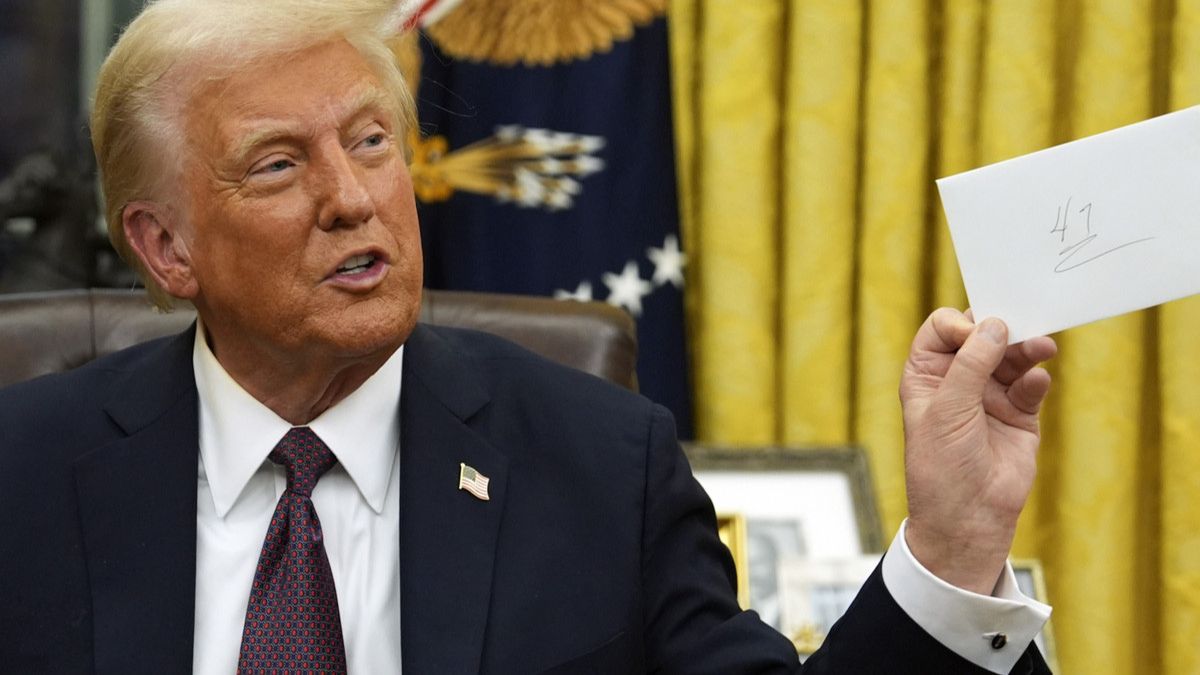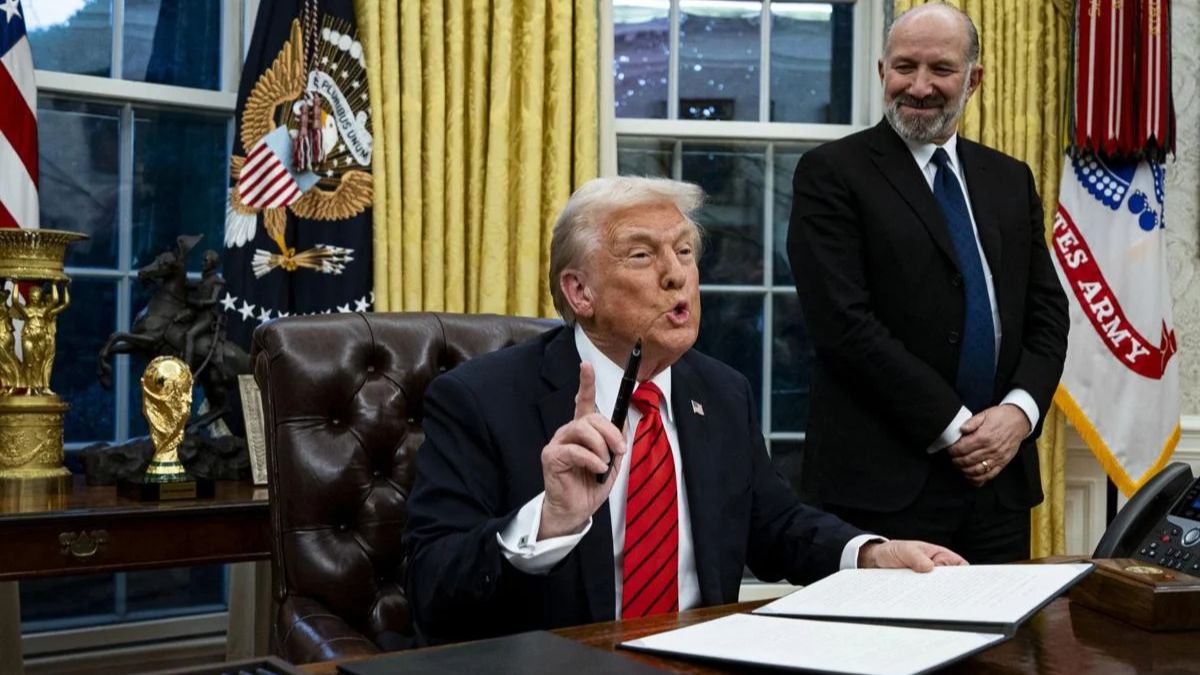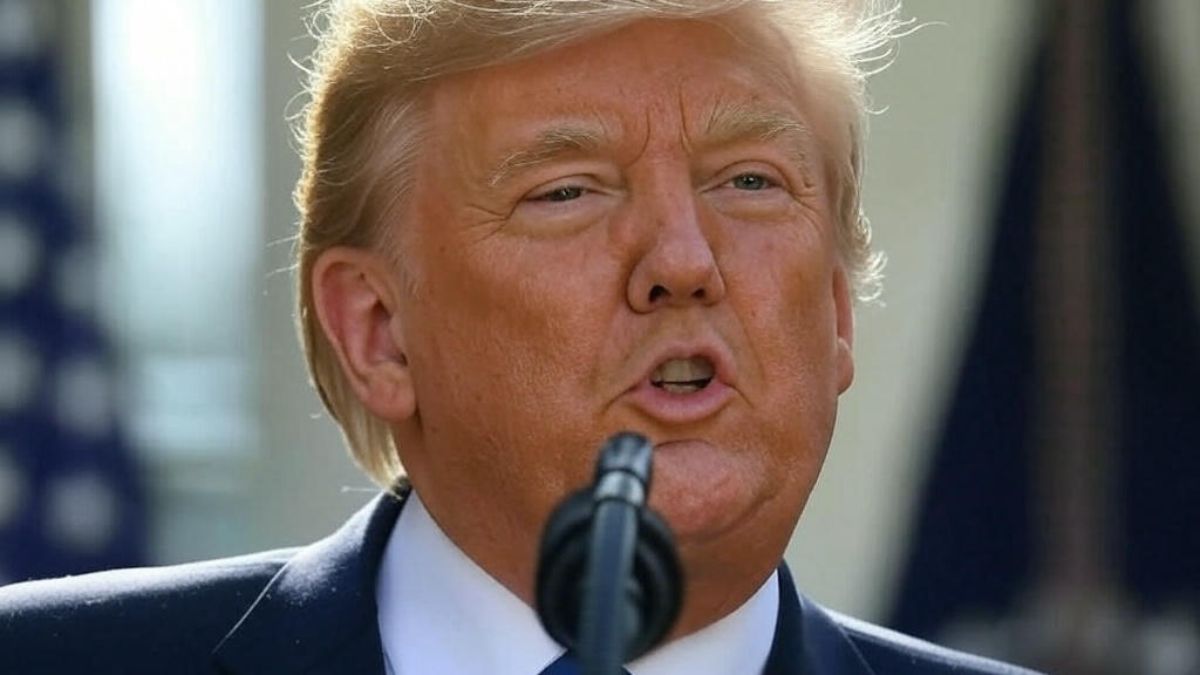A small restaurant to one of the world’s largest fast food chains, McDonald’s is an inspiring story. With its accessible, delicious food and innovative business strategies, McDonald’s has not only satisfied people’s hunger but has also become the embodiment of modern restaurant culture.
But the company is going through bad times. From political campaigns to cultural moments, McDonald’s remained a constant backdrop—shaping headlines, sparking debates, and reflecting America’s evolving story.The year 2024 may not have been McDonald’s best or worst, but it was undeniably unforgettable. Wherever the headlines turned, the golden arches were often nearby—sometimes quietly in the background and other times as an unexpected centrepiece on the global stage.
The Golden Arches in Politics
This was evident during the U.S. presidential campaigns. Vice President Kamala Harris and her husband reminisced about their working-class roots as former McDonald’s employees, while President-elect Donald Trump made a brief, staged appearance at a Pennsylvania McDonald’s, manning the fry station and drive-thru in Bucks County.
From Manhunts to Headlines
Elsewhere in Pennsylvania, a McDonald’s in Altoona became the site of a dramatic moment when an employee identified a man resembling the suspect in the high-profile killing of UnitedHealthcare’s CEO in Manhattan last week. The scene echoed an April 2022 subway shooting in Brooklyn, New York, where the gunman was caught after tipping off authorities from inside another McDonald’s.
Grimace and Baseball Dreams
Even Major League Baseball found itself connected to McDonald’s this year. The Mets briefly rode the wave of a “Grimace-inspired” good luck charm, sparking hopes for a World Series appearance, only to lose to the Dodgers in the playoffs.
McDonald’s: A Cultural Icon
Marcia Chatelain, a historian and author of Franchise: The Golden Arches in Black America, explains that McDonald’s has become a cultural touchstone. “Whether you eat there or not, everyone has a connection to McDonald’s. It’s an institution that shapes our lives in countless ways,” she said.
McDonald’s is the main character in any story of the 20th and 21st centuries of its incredible impact on our lives. Of course, at times, that main character energy is less leading man and more anti-hero.
The Price Backlash and Sales Decline
But McDonald’s isn’t always a hero in its story. Early in the year, the company faced backlash over rising menu prices, with angry customers sharing viral posts about $3 hashbrowns. While part of the outrage stemmed from general frustration with inflation, McDonald’s became a convenient scapegoat for corporate greed. The company saw sales drop in the spring and summer, forcing executives to introduce value meals and promotions to win back its core base of lower-income consumers.
Therefore, McDonald’s became a kind of scapegoat for people who were exhausted of stretching their budgets to afford food and suspecting (not without reason) that corporate greed was at least partly to blame.
E.coli Outbreak: A New Crisis
By fall, things seemed to improve, with sales recovering and customers returning for $5 meal deals and limited-time promotions. However, in October, McDonald’s faced a new crisis: an E. coli outbreak linked to onions in Quarter Pounders sickened over 100 people. The health scare caused a $100 million hit to franchisees and marketing efforts, overshadowing an otherwise improving quarter.
McDonald’s as a Community Space
Chatelain points out that McDonald’s prominence in the news isn’t just due to its ubiquity. It’s also because fewer public spaces exist where people can gather, making McDonald’s a “third space” for community interaction. Whether it’s a hangout for kids after school or a meeting spot for seniors, McDonald’s plays many roles, increasing the likelihood it will intersect with significant events.
The Fast-Food Giant’s Lasting Influence
The fast-food giant’s influence extends beyond its restaurants. Chatelain argues that McDonald’s is embedded in American life, not only as a business subsidised by tax dollars but also as a cultural force. “In many ways,” she concludes, “we’re all working for McDonald’s, whether we realise it or not.”
Conclusion
In 2024, McDonald’s proved that it’s far more than just a fast-food chain; it’s a cultural phenomenon deeply embedded in American life. From politics to public crises and even sports, the golden arches appeared in almost every corner of the news, reflecting its role as both a business giant and a social touchstone.
Despite facing challenges like inflation-driven backlash and a health scare, McDonald’s demonstrated resilience through strategic promotions and its ability to adapt to consumer needs. Its influence extends beyond food, serving as a gathering place for communities and a symbol of modern American life.
As historian Marcia Chatelain rightly said, “We all work for McDonald’s in many ways.” A testament to the brand’s far-reaching impact on culture, the economy, and society, McDonald’s ubiquity is not just a product of its size. But it also reflects its unique place in our collective story.




